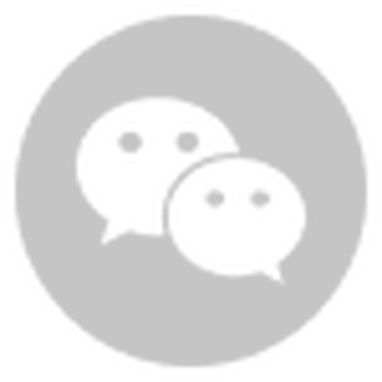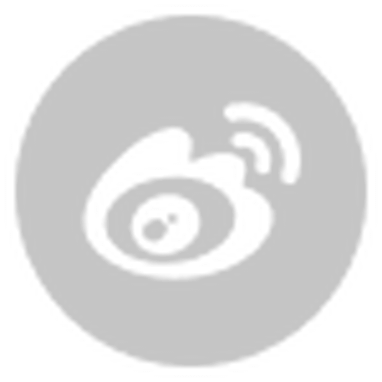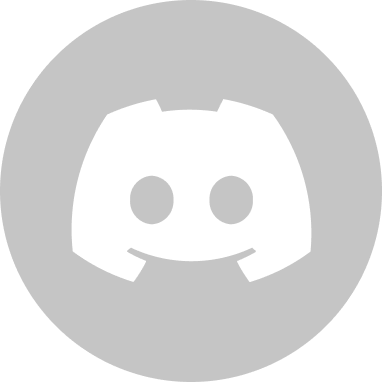Building games can be challenging. With the art, sound design, gameplay, and animation requirements, it's just a bit too much for those new to the industry, especially those with no coding experience. This is why there has been a lot of talk over the past few years over the use of no-code game development.
This trend started a long time ago with development companies building template gaming programs, and none more famous than RPG Maker, built by ASCII Corporation in Japan. This allowed everyone a chance to build their own RPGs and share them with friends.
Today, the developers of RPG Maker have expanded their work to many other gaming genres. Excitingly, their latest software was built off the Cocos2d-x engine. Pixel Game Maker MV allows you to build your 2D action games with zero coding. This has included sides-scrolling shooters, farming sims, fighting games, and co-op battle games for the PC and Nintendo Switch.
We were delighted to get the chance to talk to the developers, Gotcha Gotcha Games, and learn a bit more about the software and why Cocos helped them build this unique no-code game maker. We had a great discussion with Yusuke Morino, a producer at Gotcha Gotcha Games, about the software and what they see builds excellent game design.

Yusuke Morino
Producer
Cocos: It's great to talk to you. Tell a bit about who GGG is and how long you've been in the game industry?
Yusuke: Our company's actual history dates back to the 1990s when we made the first "RPG Maker" game engine. After years of ownership from other companies, our current owners, Kadokawa, wanted to foster more user-generated content and formed GGG. Our mission was and continues to be to make a tool that even PC beginners could use to make a game. Right now, due to the market's increased attention towards indie games, we are strengthening support for these indie developers and studios.
C: What got you interested in doing a Pixel Game Editor?
Y: Our core business, "RPG Maker," has various branches for different games, such as Fighting and Visual Novel genres. Pixel Game Maker MV is actually a successor to the "Indie Game Maker/Action Game Maker" we released in 2009, aimed at the growing number of Indie developers on Steam, especially those with zero programming background.
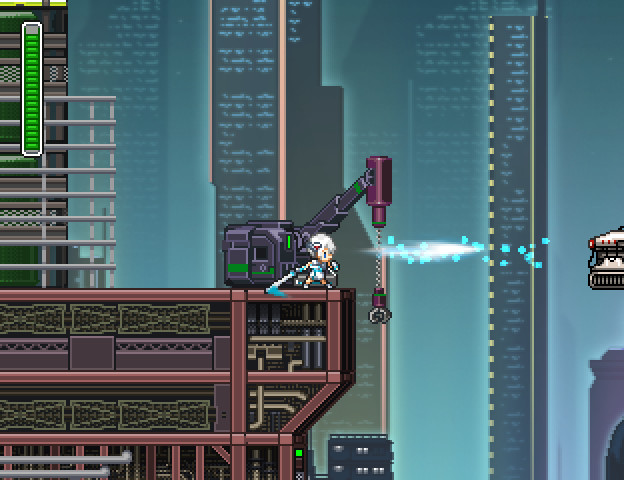
C. How did you find out about cocos2d-x, and why did you decide to use it for your game editor?
Y: 7 years ago, we already had used cocos2d-x in another released product. Since cocos2dx supports C++ and is open source, many of the things the user wanted to fix could be fixed by themselves or build their own workaround before always waiting for an official response.
C: What types of games have really excited you that were built using Pixel Game Editor?
Y: There are many titles that actually went way beyond what we had anticipated. For example, the title that won 1st place in our game dev challenge event was called "Game Battle Tycoon," which used Pixel Game Maker MV so well that it was mind-blowing. The fact that the community is so creative really makes us excited about each game release.
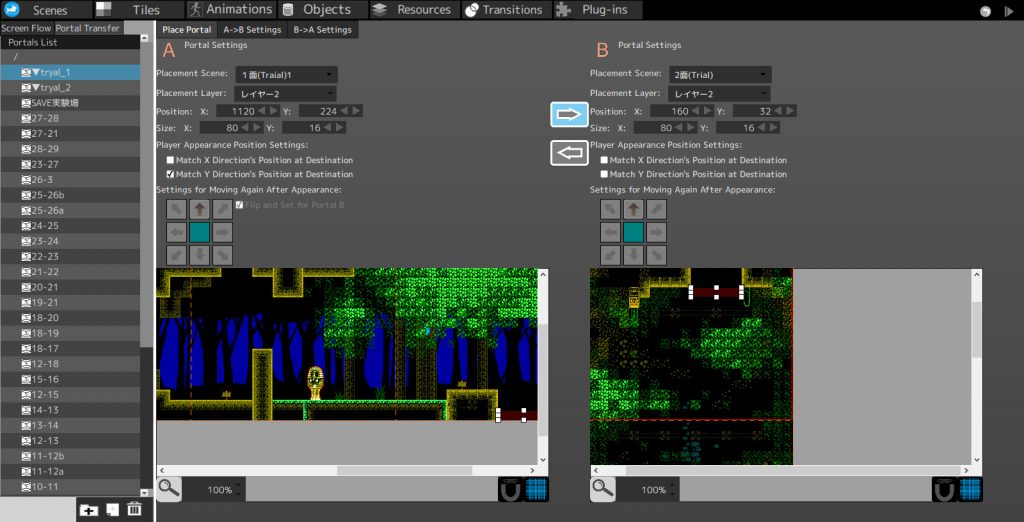
C: Yes, we saw one game called Kokoro Clover that really got us interested in learning more about what you are doing.
Y: Kokoro Clover is one of the earlier titles released using PGM MV that we have had our eyes on too. The system is well thought out and implemented. The graphics are very cute and really does give the vibe of one of those "Sunday Morning Anime" in Japan for kids. In fact, that was what the author wanted to convey.
C: What have you learned from all the games built by players about what makes a great game?
Y: A game control scheme that doesn't cause user stress is quite important. We believe a good game should have this in mind as the base foundation, then start working into the user-friendliness and novelty elements to make a game that sticks.
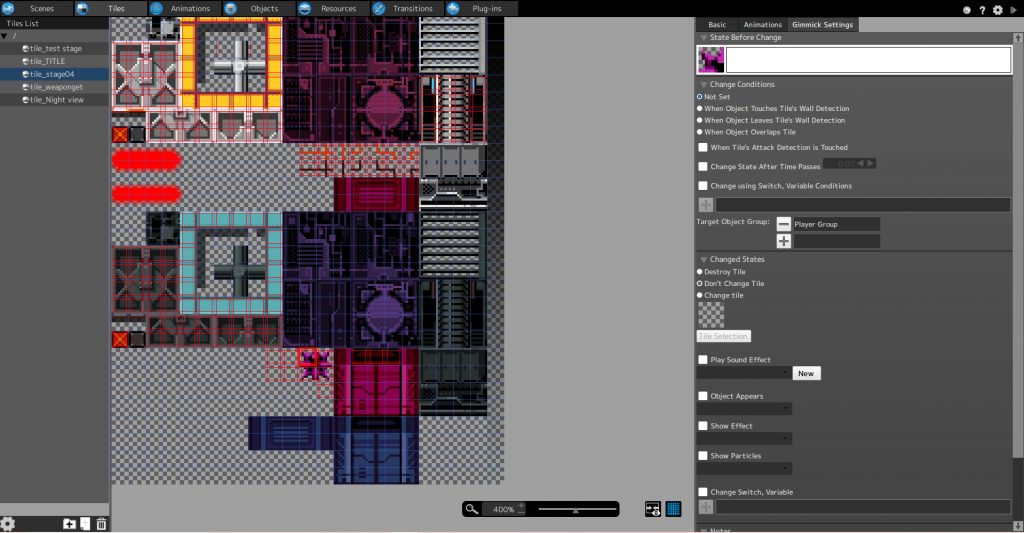
C: What pitfalls do you see that some young developers are hitting when building a game?
Y: We think it is important to really have a clear goal they want to achieve with the game early on. Brainstorming ideas and writing them down on a piece of paper as a first step really helps strengthen the image of what is important for your game. If this is skipped, it is highly likely to make mistakes or forget what is supposed to be achieved and what to prioritize.
As we move along the development stages, more or more ideas would appear, and it is natural to want to fulfill them all - which is good, until the point one starts to lose focus and morale. Because of this, we think that perhaps one should try to finish the game as close to the first draft, then start adding more ideas.
C: Do you think Steam has opened up a lot more interest in pixel art games? It seems to have become a new genre of gaming.
Y: Yes. Looking at these years, we think appreciation of pixel art games has increased. We suppose this is because 3D games really need quite some effort and cost to make it not feel "cheap." Pixel art, on the other hand, is actually a lot easier to work with and manipulate. Although being bound to a 2D plane could be limiting somehow, it is also because of this limit that we see various innovative ways to work around this, ultimately ending in a great game!
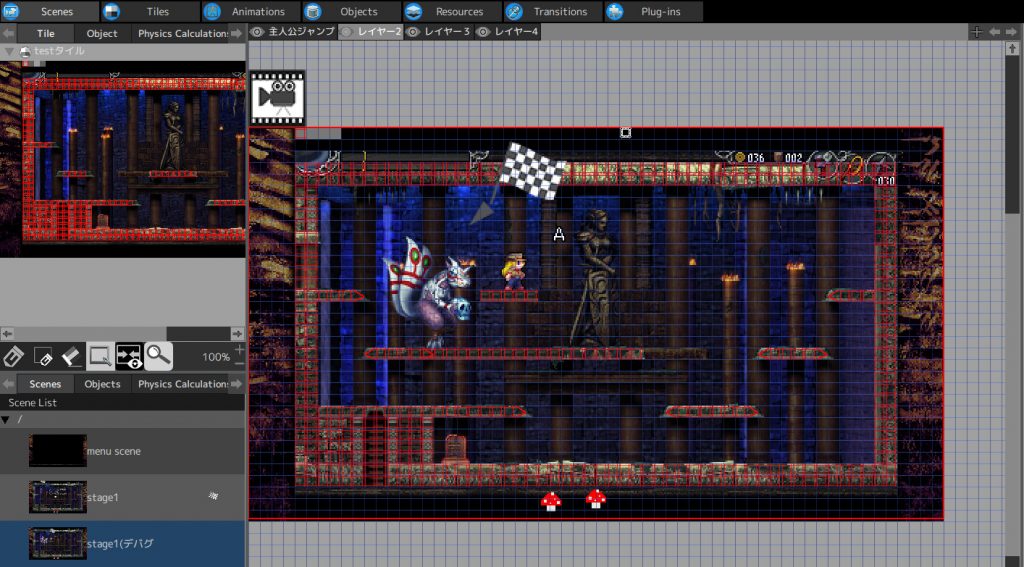
C: We saw that you are allowing for Switch support as well, which is really cool. Having gamers play their indie games on a Nintendo Switch sounds great. What got you interested in the Switch?
Y: Among many consumer hardware options, we believe the Nintendo Switch is the best match for the Pixel Game Maker MV game. The reason is that Pixel Game Maker MV is excellent at creating a local multiplayer game for up to four players.
On other hardware, online play is usually the norm for co-op and competition, but most indie developers do not have the resources nor experience to dabble with network features.
The Nintendo Switch system solves this problem through its emphasis on local multiplayer via the "Share the Joy" feature. Not only is this more reminiscent of the traditional consoles and can get friends closer together, it is also easier for indie developers to work with.
You can read about this more in our interview with the Microsoft Azure team.
C: Yes, we've seen a lot of great Cocos2d-x games being released on the Switch. You just had your 1st year anniversary. Congratulations. What's it like in your first year?
Y: Really appreciate it! GGG itself is only 1 year old, but the Maker Series is around 30. We will try our best to make the Maker Series reach another 30 years milestone.
C: Is Pixel Game Maker only available on Steam?
Y: Pixel Game Maker MV is also available on Itch.io and a Japanese Indie-app site called DLsite.
C: Thanks again for the conversation. It’s always great to talk to our Japanese developers, and hope to meet you and your team when we start having events again in the future.
Y: Hope to see you soon.



